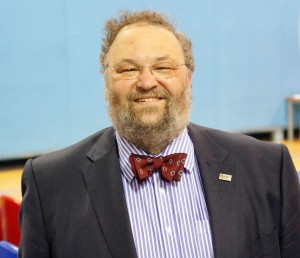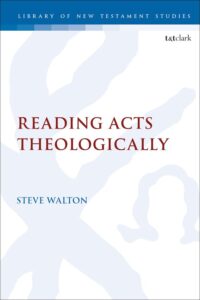Conference summaries: Healing and Exorcism in Second Temple Judaism and Early Christianity
This is Rikard Roitto, me and Tommy Wasserman (left to right as you look) listening hard to a fascinating presentation by Anthony John Lappin of Maynooth on the moving of relics in the early Christian centuries during this conference last week in Örebro, Sweden. The organisers have now made a very helpful summary in English of this excellent conference available here, as well as a nice short video (with English translation of the bits of Swedish). Larry Hurtado has also blogged about his (excellent) paper on the role Continue reading →

